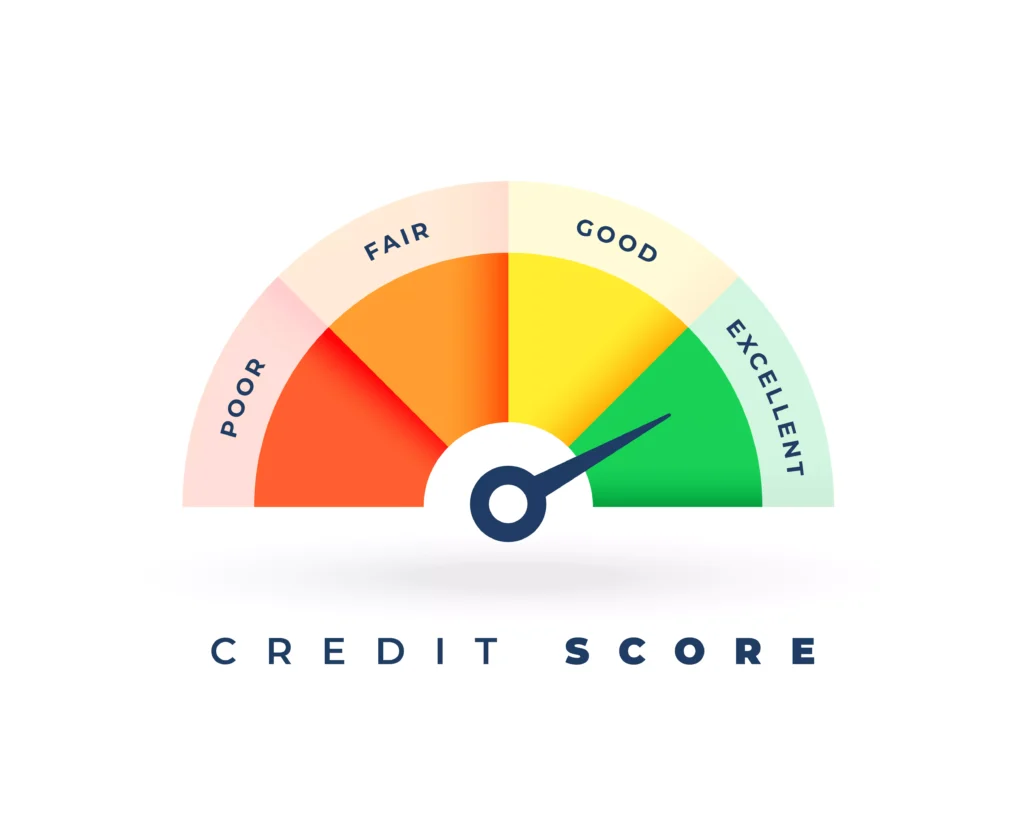Credit Scores Explained
A credit score is a numerical representation of an individual’s creditworthiness, calculated based on their credit history, payment patterns, and other financial information. Credit scores typically range from 300 to 850, with higher scores indicating a lower risk of defaulting on loan payments.
The Importance of Credit Scores
Credit scores play a crucial role in an individual’s financial life. They are used by lenders, landlords, and even employers to assess the risk of extending credit or providing a job. A good credit score can open doors to better interest rates, more favorable loan terms, and even increased job opportunities. Conversely, a poor credit score can make it challenging to secure financing, rent an apartment, or even get hired for certain positions.
What is Considered a Good Credit Score?
The definition of a “good” credit score can vary depending on the scoring model used, but generally, the following ranges are considered:
- Excellent credit: 800-850
- Good credit: 700-799
- Fair credit: 600-699
- Poor credit: 500-599
- Very poor credit: 300-499
Factors That Influence Credit Scores
Several factors contribute to an individual’s credit score, including:
Payment History
This is the most important factor, accounting for about 35% of the credit score. It reflects whether an individual has made their payments on time, including credit card bills, loans, and other financial obligations.
Credit Utilization Ratio
This refers to the amount of available credit an individual is using, typically expressed as a percentage. A lower credit utilization ratio (below 30%) is generally considered better for one’s credit score.
Length of Credit History
The longer an individual has had credit accounts open and in good standing, the better it is for their credit score. This factor accounts for about 15% of the score.
Types of Credit Used
Having a mix of different types of credit, such as credit cards, loans, and mortgages, can positively impact an individual’s credit score, as it demonstrates their ability to manage various forms of credit.
New Credit Applications
Applying for too much new credit in a short period can negatively impact an individual’s credit score, as it may be seen as a sign of financial distress.

Improving Your Credit Score
If you have a low credit score, there are several steps you can take to improve it:
- Pay Bills on Time: Consistently making on-time payments is the most important factor in building a good credit score.
- Reduce Credit Utilization: Try to keep your credit card balances below 30% of your available credit limit.
- Increase Credit Limits: Requesting a credit limit increase can help lower your credit utilization ratio, as long as you don’t increase your spending.
- Dispute Errors on Credit Reports: Review your credit reports regularly and dispute any errors or inaccuracies you find.
- Become an Authorized User: Being added as an authorized user on someone else’s credit card with a long, positive history can help boost your credit score.
- Patience and Consistency: Improving your credit score takes time, so be patient and consistent with good financial habits.
Monitoring and Maintaining Your Credit Score
Regularly monitoring your credit score and credit reports is essential for maintaining a good credit profile. You can obtain free credit reports from the three major credit bureaus (Experian, Equifax, and TransUnion) once a year, and many credit card issuers and financial institutions offer free credit score monitoring services.
By understanding the factors that influence your credit score and taking proactive steps to maintain and improve it, you can ensure that your credit profile remains strong and opens up more opportunities for you in the future.
Also Read:
- Retiring Rich: The 5-Step Wealth Plan Nobody Talks About!
- Secrets of Millionaires: How They Build Wealth in Any Market
- The Debt-Crushing Secrets No One Told You – No Matter Your Age!
- Top Cryptocurrencies to Watch in 2025.
- The Rise of Decentralized Finance (DeFi) and How to Invest
Popular Category:




